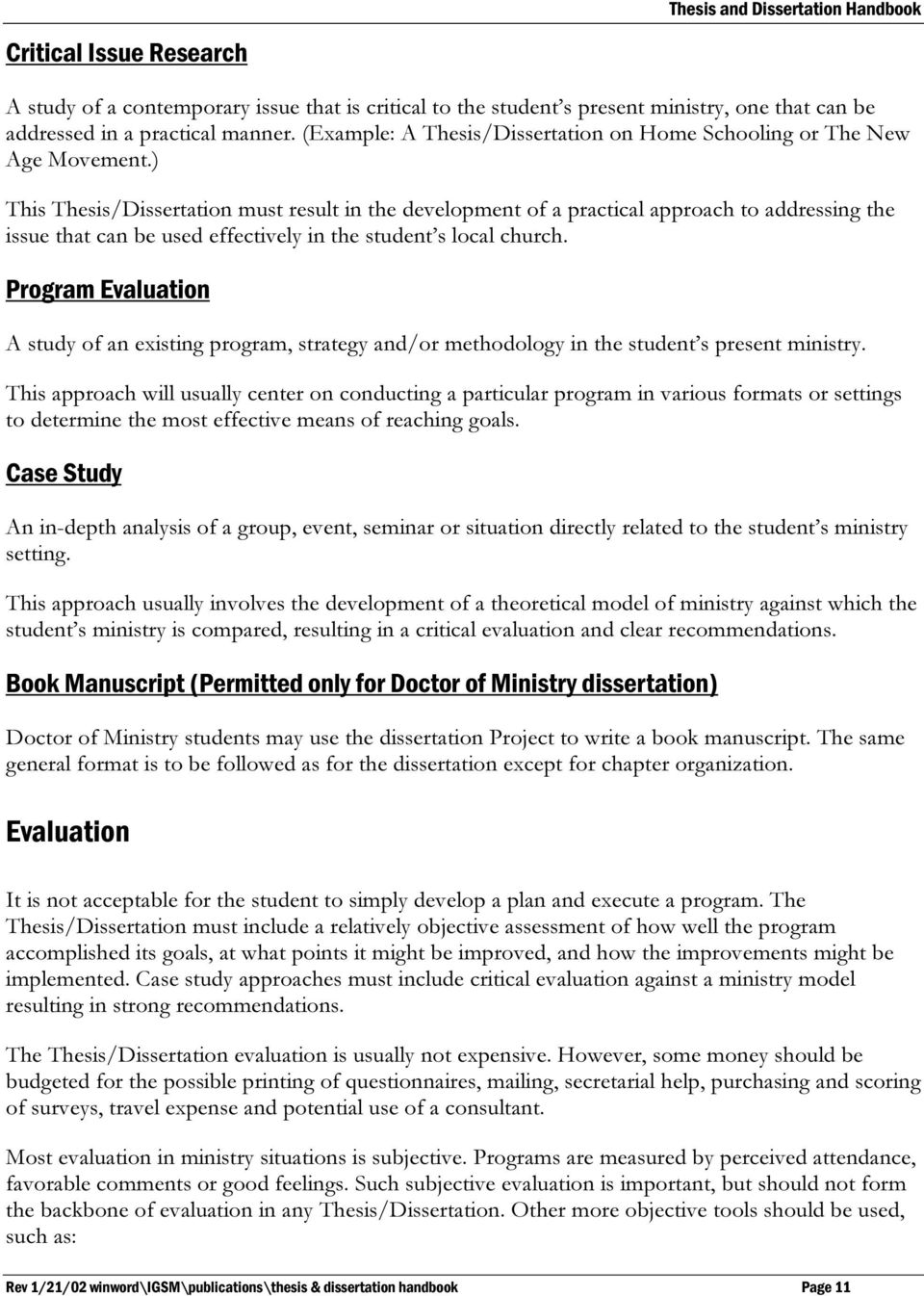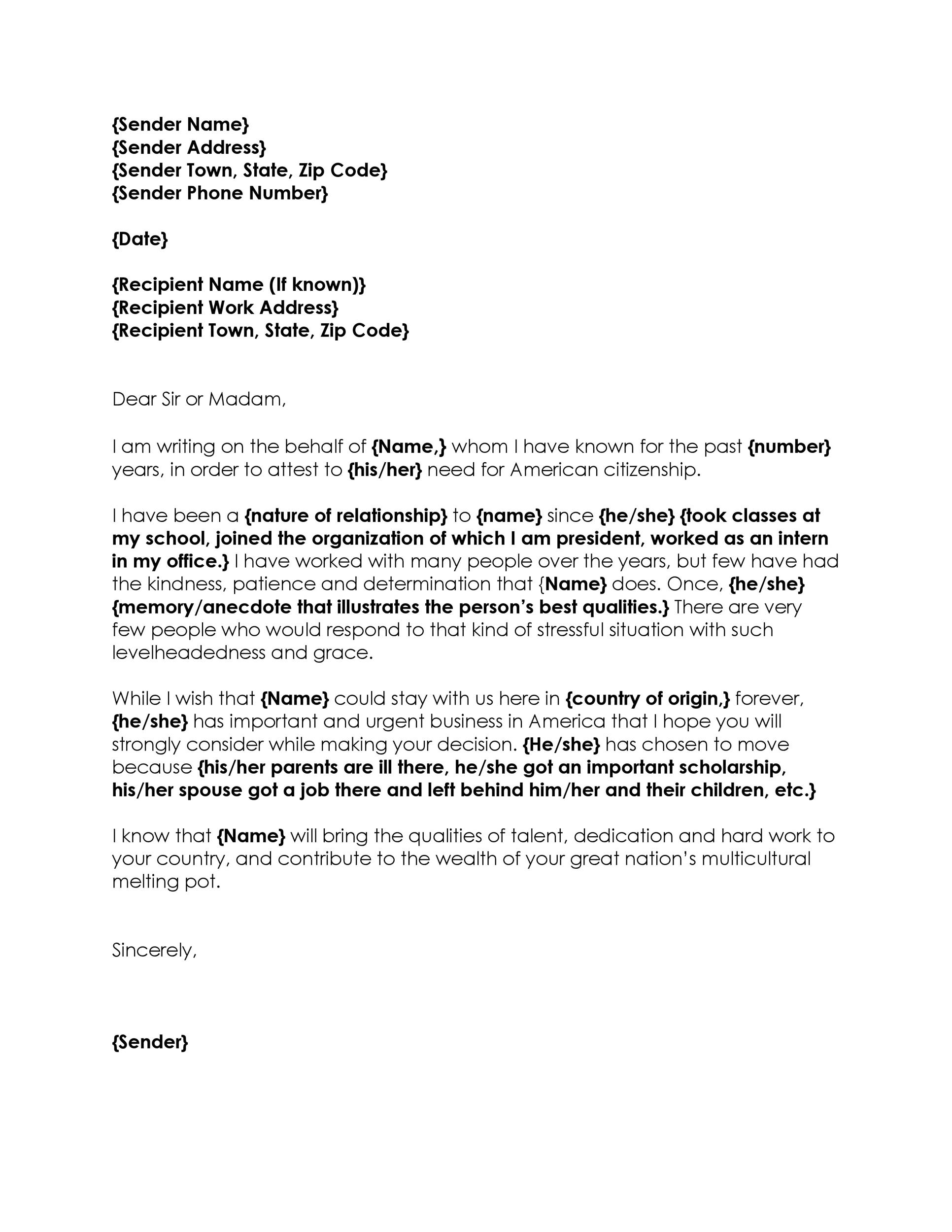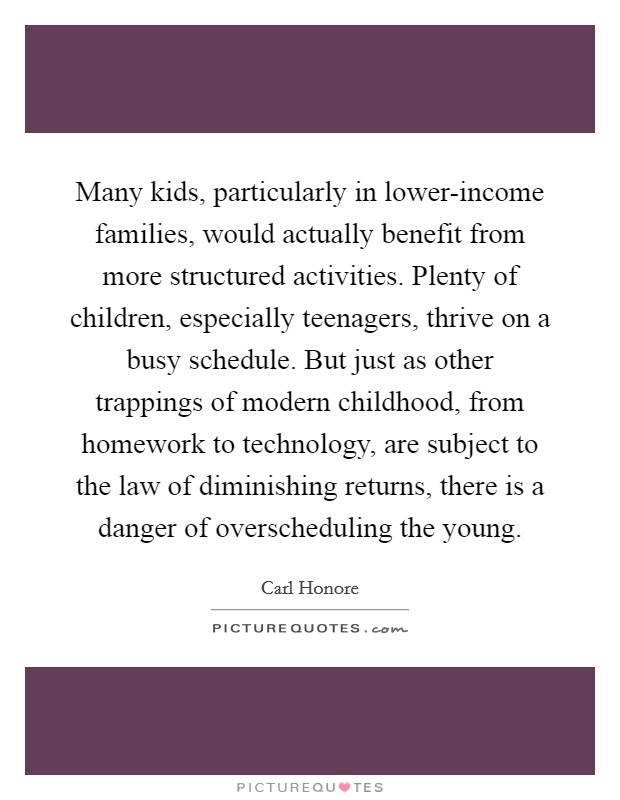The Dialectical Behavior Therapy Skills Workbook.
Dialectical Behavior Therapy (DBT) is a highly structured type of talk therapy developed in the 1980s by psychologist Marsha M. Linehan. It uses cognitive behavioral ideas together with Zen concepts of acceptance and mindfulness, skills that teach emotional regulation, and principles of validation.Paying Attention to Positives. Letting Go of Painful Emotions. Opposite to Emotion Action. Emotion Regulation for the Holidays. Sometimes your joy is the source of your smile, but sometimes your smile can be the source of your joy. -- Thich Nhat Hanh.DBT uses Emotion Regulation skills to help us change our emotions or situations. But sometimes it's not appropriate or we're not able to change the situation or our emotions, then we should use Distress Tolerance skills. Emotions are normal and everyone experiences them.
Welcome to the first exercise of the third module Emotion regulation. In DBT, primary emotions are the immediate emotional reactions to the things that are happening around us - they do not require thinking and they happen very fast. Your friend makes a joke about your outfit, and you immediately feel irritated.As the title implies, DBT emotion regulation skills help the client learn to manage their feelings to better cope with the situation they're in. This DBT worksheet gives a brief overview of emotional regulation skills including opposite action, checking the facts, P.L.E.A.S.E. and focusing on positive events.

This complete DBT course covers the Emotion Regulation module of DBT with a video from a DBT therapist for every Emotion Regulation skill. Learn through a video format with examples as well as handouts for skills, engage with other students and ask questions as you learn. This is the entire DBT Emotion Regulation module in video form!












